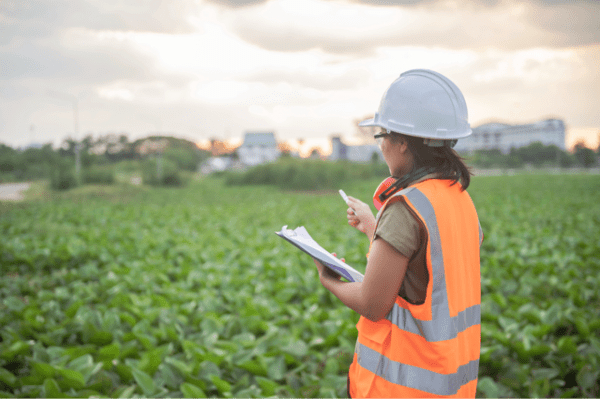
Brighton, United Kingdom
Ecology and Conservation: Current Topics
When:
20 July - 07 August 2026
Credits:
15 EC
Read more
Environmental Studies
When:
20 June - 02 July 2022
School:
Institution:
Future Earth Research School (FERS)
City:
Country:
Language:
English
Credits:
0 EC
Fee:
400 EUR

The main purpose of the course is (a) to provide an overview of the impact of climate change on water resources, water-related hazards, land and forestry management; (b) to set the basis for the technical design of climate change adaptation strategies; (c) to highlight research questions and to promote research activity on future water and land with a technical and action-oriented approach.
In particular, the course will focus on the following themes:
How will climate change impact the water cycle? What models can be used and how uncertainty may be assessed?
How land, including coastal, mountain, and polar regions, is impacted by climate change, through global warming, sea-level rise, and water-related hazards?
How can we reduce the impact of water resources management? How can we sustainably manage water and what are the emerging risks for the future?
How are living species impacted by climate and land change? How can ecology and geosciences support climate change mitigation and adaptation?
The sustainable management of water resources, land, and forestry is a key challenge for humanity in the 21st century tightly related to the UN sustainable development goals. The nexus between water and ecology is essential to sustainability, economic and environmental development, and therefore well-being for the whole humanity. The growing desire for higher living standards and the concurrent environmental changes – particularly climate change – require a forward-looking and transdisciplinary approach to managing water and environmental resources. In particular, an innovative approach to adaptation to climate change is required to close the gap between climate change scenarios, policy-making, and technical design of adaptation strategies.
Alberto Montanari is full professor of Hydrology and Water Resources Management for the Department of Civil, Chemical, Environmental and Material Engineering at the University of Bologna. He is currently president of the European Geosciences Union (EGU).
Up and coming researchers and young professionists.
The Course is expressly designed to provide advanced education and scientific concepts on:
- transdisciplinary assessment of climate change impacts on water resources, land, and society;
- strategies and methodologies to mitigate climate change impacts on water resources and water-induced hazards;
- technical design and policy making for climate change adaptation;
- accounting for climate change in technical design, uncertainty assessment, and responsibilities.
Fee
400 EUR, It includes access to the course, course materials, organized tours, lunches and dinners. The school provides limited financial assistance, based on the applicant’s needs. It will cover accommodation expenses.
When:
20 June - 02 July 2022
School:
Institution:
Future Earth Research School (FERS)
Language:
English
Credits:
0 EC

Brighton, United Kingdom
When:
20 July - 07 August 2026
Credits:
15 EC
Read more

Nijmegen, Netherlands
When:
22 June - 26 June 2026
Credits:
2 EC
Read more

Grindelwald, Switzerland
When:
30 August - 04 September 2026
Credits:
3 EC
Read more